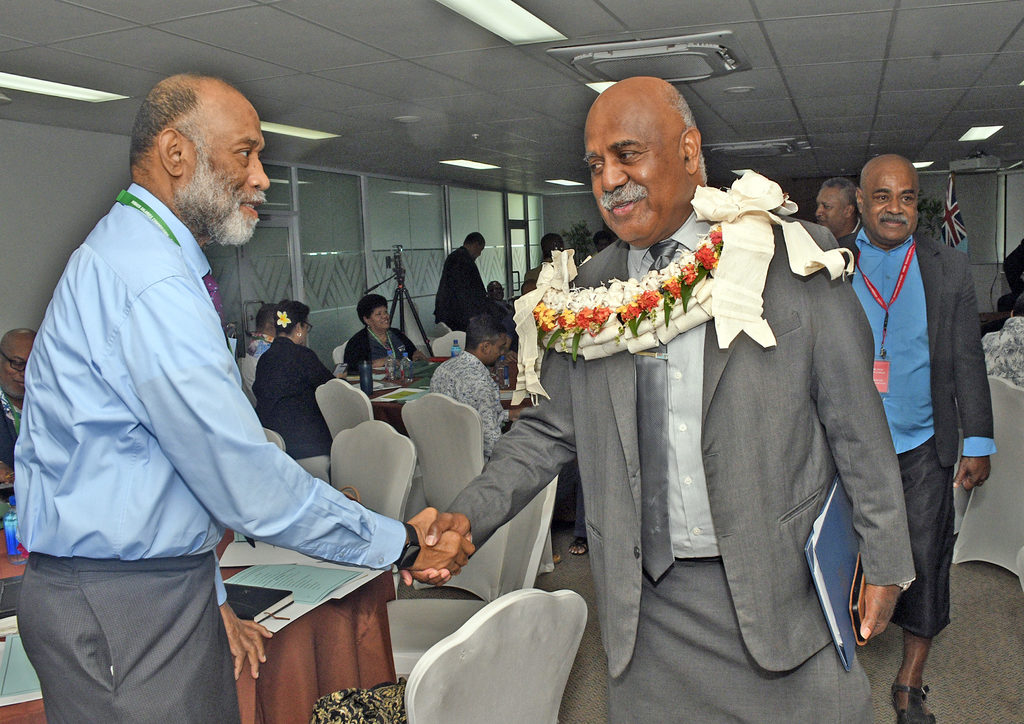The reintroduction of the Higher Salaries Commission will ensure the salary structure of statutory bodies is regulated and productivity-related as opposed to under the previous regime when, in some cases, salaries reached as high as $500,000.
At a seminar in Suva yesterday, the Assistant Minister in the Prime Minister’s Office, Sakiusa Tubuna, said the move to re-establish the commission was one of the Government’s first actions upon taking office.
“As you know, the previous salaries that were paid to people like the former FCCC CEO Joel Abraham were quite high,” Mr Tubuna said.
“Now, with the re-introduction of the Higher Salaries Commission, we are creating a regulatory framework to ensure that pay is fair, performance-based and cost-effective.
“We thought that perhaps maybe some sort of regulatory framework has to be initiated by the Government so that we can have salaries adequate, also based on productivity.”
Mr Tubuna acknowledged that under the former administration, the commission had been dismantled, leaving salary decisions in the hands of ministers, a practice in which he said led to exorbitant remuneration packages, including salaries which reached up to $500,000 in some cases.
“When you leave it to the politicians, they come up with a very exorbitant high salary,” he added.
“People were being paid $500,000 and we can’t afford that.
“Any increase in salary has to be tied to productivity. Statutory organisations, municipal councils, they have to make a profit, that’s the objective of the Government.”
Mr Tubuna reiterated the Government’s commitment to reforming the salary structures of statutory bodies, saying any increase must be linked to productivity and sustainability, not political discretion.
He also emphasised the importance of human capital development, advocating for the promotion of local talent into senior management roles rather than relying heavily on overseas expertise.
“One of the things that I also emphasised….ensuring you empower local people so they can take up management roles within statutory organisations.
“We have overseas expertise, with due respect, we have the expertise, etc, but it’s not sustainable.”



